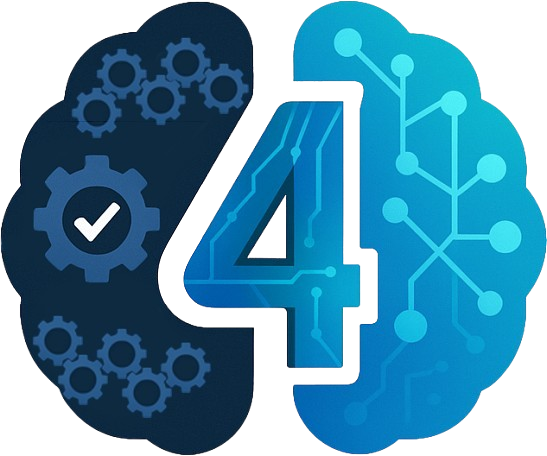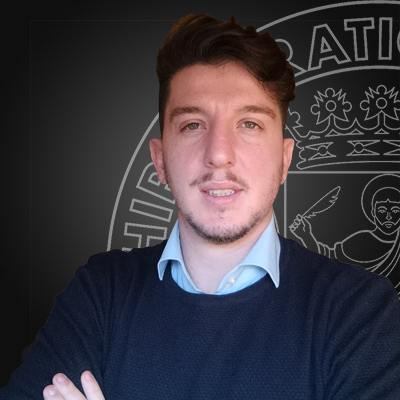
3rd Workshop on
Software Quality Assurance for AI
Co-located with the International Conference on Software Analysis, Evolution and Reengineering (SANER)
March 17th 2026 | Limassol, Cyprus

Co-located with the International Conference on Software Analysis, Evolution and Reengineering (SANER)
March 17th 2026 | Limassol, Cyprus
Artificial Intelligence (AI) is becoming increasingly important in our world, and is being included in a large number of applications and technologies that we use daily. Many AI-enabled applications are produced by developers without proper training in software quality practices or processes. An AI-enabled system is a software-based system that comprises non-trivial AI components in addition to traditional software components.
As with any software system, AI-enabled systems require attention to software quality assurance (SQA) in general and code and design quality in particular. Agile development models enable companies to choose technologies to adopt in their systems at any development stage. Therefore, it is challenging to anticipate if a system, or a data pipeline used to develop AI, will produce high-quality models and high-quality results.
You are invited to submit:
The paper submissions will follow the full double-blind review process as recommended by the SANER organizer committee. Each submitted paper will be reviewed by at least three PC members and will be assessed for their pertinence to the workshop theme, for the quality of the writing and for the level of interest that the expressed position could raise in the community.
All submissions must be in PDF format and conform to the IEEE Conference Proceedings Formatting Guidelines (title in 24pt font and full text in 10pt font).
LaTeX users must use \documentclass[10pt,conference]{IEEEtran} without including the compsoc or compsocconf option. Additionally, papers must comply with the IEEE Policy on Authorship.
Authors must comply with the SIGSOFT Open Science Policy, which requires archiving data and artifacts in a permanent repository (e.g., Zenodo, not GitHub) to the extent ethically and practically possible, and including links in a Data Availability section in their manuscripts.
SQA4AI 2026 employs a double-anonymous review process. Do not include author names or affiliations in submissions. All references to the author’s prior work should be in the third person. Any online supplements, replication packages, etc., referred to in the work should also be anonymized. Advice for sharing supplements anonymously can be found here. By submitting to SQA4AI 2026, authors agree to the ACM Policy and Procedures on Plagiarism, Misrepresentation, and Falsification. Papers submitted must not be published or under review elsewhere. The Program Chairs may use plagiarism detection software under contract to the ACM. If the research involves human participants/subjects, the authors must adhere to the ACM Publications Policy on Research Involving Human Participants and Subjects.
All papers must be submitted via EasyChair. To submit, click on the “Submit Paper” button, select “New Submission”, and choose the track “3rd Workshop on Software Quality Assurance for AI”.

University of Salerno
Italy

University of Salerno
Italy

University of Hawaii
USA

University of Southern Denmark
&
University of Oulu
Finland

University of Salerno
Italy

University of Salerno
Italy
Get in touch with the workshop organizers for any questions or inquiries.
Gilberto Recupito: grecupito@unisa.it
Giammaria Giordano: giagiordano@unisa.it
Rick Kazman: kazman@hawaii.edu
Valentina Lenarduzzi: valentina.lenarduzzi@oulu.fi
This is the 3rd edition of the SQA4AI workshop. Previous editions include:
SQA4AI 2025: 2nd Workshop on Software Quality Assurance for AI
Co-located with SANER 2025, Montréal, Canada
SQA4AI 2022: 1st Workshop on Software Quality Assurance for AI
Co-located with SANER 2022, Honolulu, Hawaii